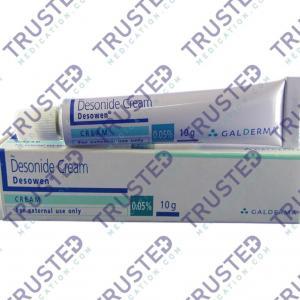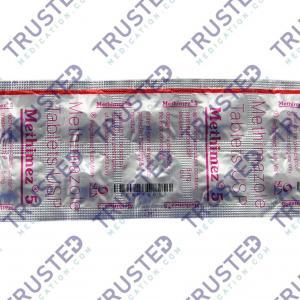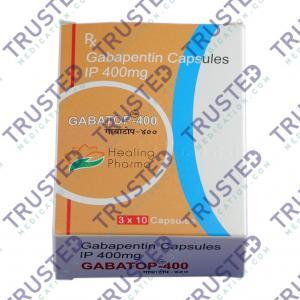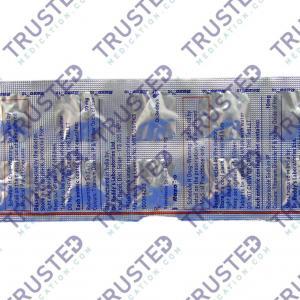
The only way to know if someone has ADHD is to see a doctor. That is because the disorder has several possible symptoms that can easily be confused with other conditions, such as depression or anxiety.
What is ADHD?

ADHD or attention deficit hyperactivity disorder is a medical condition that causes differences in brain development and activity that affect attention, the ability to sit still, and self-control. This disorder can affect a child at home, at school, and friendships.
It can be characterized in different ways depending on which types of symptoms are strongest in the individual:
- Predominantly Inattentive Presentation: It is difficult for the individual to pay attention to details, organize or finish a task, or follow instructions or conversations. The person is easily distracted or forgets details of daily routines.
- Predominantly Hyperactive-Impulsive Presentation: The person fidgets and talks a lot. More minor children may run, jump, or climb constantly. The individual feels restless and has trouble with impulsivity. A person with impulsiveness may have more accidents and injuries than others.
- Combined Presentation: Symptoms of the above two types are equally present in the person.
Here are Some Signs That A Person Might Have ADHD
People with this disorder have fewer symptoms as they age. Some adults may continue to have significant symptoms that interfere with daily functioning. In adults, the main features of it may include difficulty paying attention, impulsiveness, and restlessness. Symptoms can range from mild to severe.
Many adults with the disorder are unaware they have it; they just know that everyday tasks can be challenging. Adults with the disorder may find it difficult to focus and prioritize, leading to missed deadlines and forgotten meetings or social plans. The inability to control impulses can range from impatience waiting in line or driving in traffic to mood swings and outbursts of anger.
Some signs that a person might have ADHD may include:
- Disorganization and problems prioritizing
- Impulsiveness
- Poor time management skills
- Excessive activity or restlessness
- Problems focusing on a task
- Trouble multitasking
- Poor planning
- Low frustration tolerance
- Frequent mood swings
- Hot temper
- Trouble coping with stress
- Problems following through and completing tasks
What Causes ADHD?
- Genes and heredity. It often runs in families. A child with the disorder has a 1 in 4 chance of having a parent with the same disorder. It’s also likely that another close family member, such as a sibling, will also have the disorder. Sometimes, it is diagnosed in a parent while it is analyzed in the child.
- Brain anatomy and function. A lower level of activity in the parts of the brain that control attention and activity level may be associated with ADHD.
- Significant head injuries may cause the disorder in several cases.
- Prenatal exposure to alcohol or nicotine from smoking increases the risk of developing ADHD.
- Prematurity increases the risk of developing ADHD.
- In sporadic cases, toxins in the environment may lead to ADHD. For instance, lead in the body can affect child development and behavior.
Can You Get ADHD Later In Life?
This disorder is often associated with overactive children who can’t sit still or concentrate. Adults receive a diagnosis of it later in life, likely because they were able to cope with their symptoms without anyone, including themselves, noticing.
Managing ADHD
Effective treatment for this disorder often includes several approaches. These can consist of medication and one or more types of therapy. Getting proper treatment can help you manage your ADHD symptoms and feel better.
Medications for ADHD
- Central nervous system stimulants
- Non-stimulant medications
Recommended medication:
- Clonidine Hcl – is part of the alpha-adrenergic agonist class of medication. The FDA approved the use of extended-release clonidine for treating this disorder. This is a non-stimulant medication that helps with it.
Therapy for ADHD
- Psychotherapy
- Behavior therapy
- Cognitive behavioral therapy
Additional Treatment Options
- Social skills training
- Parenting skills training
- Support groups








